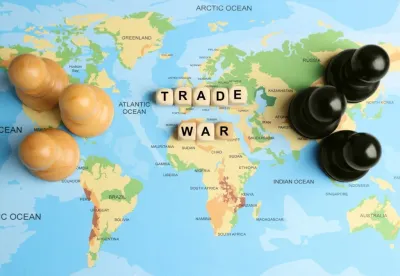
Harmonized criteria across the EU are needed for testing, travel forms, quarantine duration, health protocols for transportation and public spaces. Tourism in Europe is in need of coordinated support.
The creation of a common European policy for sustainable tourism is a necessity. The MEPs of the working group on tourism reiterate that the sector needs coordination at European level and substantial support to give SMEs a chance of survival.
The Transport and Tourism Committee met last week with stakeholders from the travel and tourism sector to assess the catastrophic situation of the sector and discuss how to overcome this unprecedented crisis.
After the meeting, the MEPs of the tourism working group issued a statement acknowledging the tourism sector's disappointment at the lack of support from the EU.
More than six months have passed in this emergency situation, but there are still no common EU criteria on how to manage and live with this pandemic: no universal protocol on hygiene and health, no common rules on testing or on how to assess risks, and no respect for the principle of free movement'. Citizens get confused and have no guarantee that the trip they have booked will actually take place.
Tourism in Europe employs 22 million people and the sector is on the verge of total bankruptcy. This is not a threat to be taken lightly. Depending on the country, tourism represents between 4.3 and 25% of GDP. In the current situation, hundreds of thousands of SMEs will not last until the end of the year.
The latest guidelines from Brussels on the implementation of the economic recovery program (such as the announcement on the 2021 Annual Sustainable Growth Strategy) are overwhelming. They cover a lot, including a “broad concept of investments”: fixed, natural, human. 7 very different areas are also identified, from energy rehabilitation of buildings and administrations to the most sophisticated digital technology, 5G and artificial intelligence.
However, at the same time, the Next Generation EU falls short: Brussels requires that in order to pass its examination, specific projects are of high quality and meet all the agreed requirements and that every national plan allocates 37% of the total to green investments and 20% to digital. As the 27 countries have submitted many projects, only the best will succeed.
This is the philosophy that inspires a “dynamic group” of fifteen important economists, businessmen and professors who have been committed for weeks to designing and identifying new projects capable of modernizing the economy, including tourism in Europe, and securing part of the European funds.
The “dynamic group” has already analyzed more than twenty projects. From hospital robotization, autonomous vehicles and chip design, to biotechnology, water management and the food industry. After identifying the projects, the idea is to help economic parties to shape them and enable their inclusion into the national plan, and then direct them to teams of consultants who make following the European procedure easier. Economic recovery is naturally interlinked with the recovery of tourism. The current Marshall Plan thus may not be just a temporary solution but a unique opportunity that will allow countries to become a more efficient economies.









